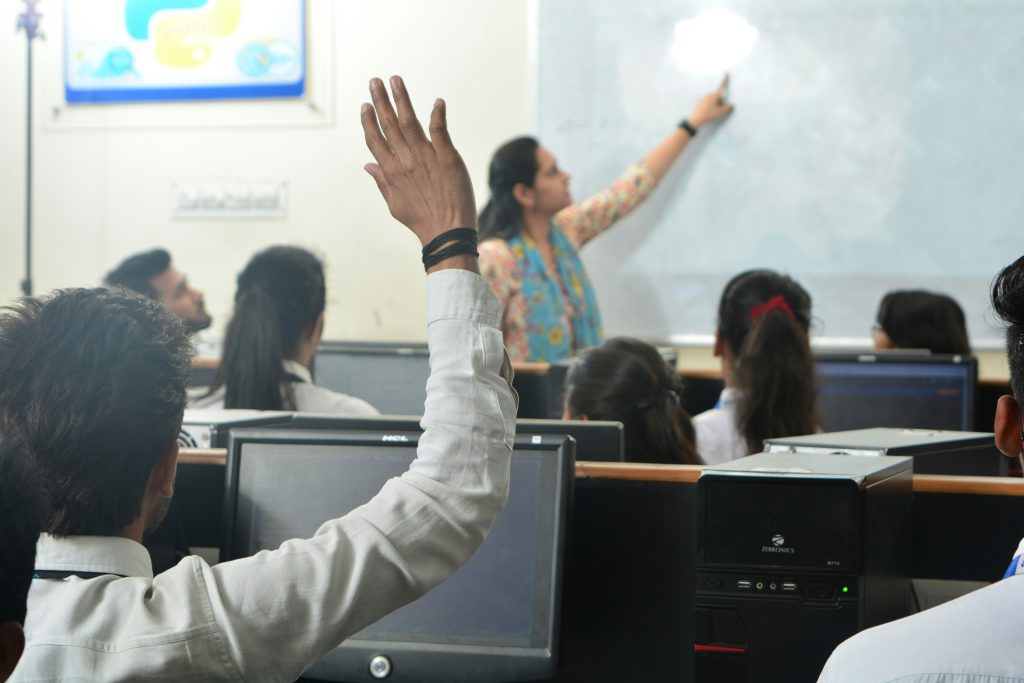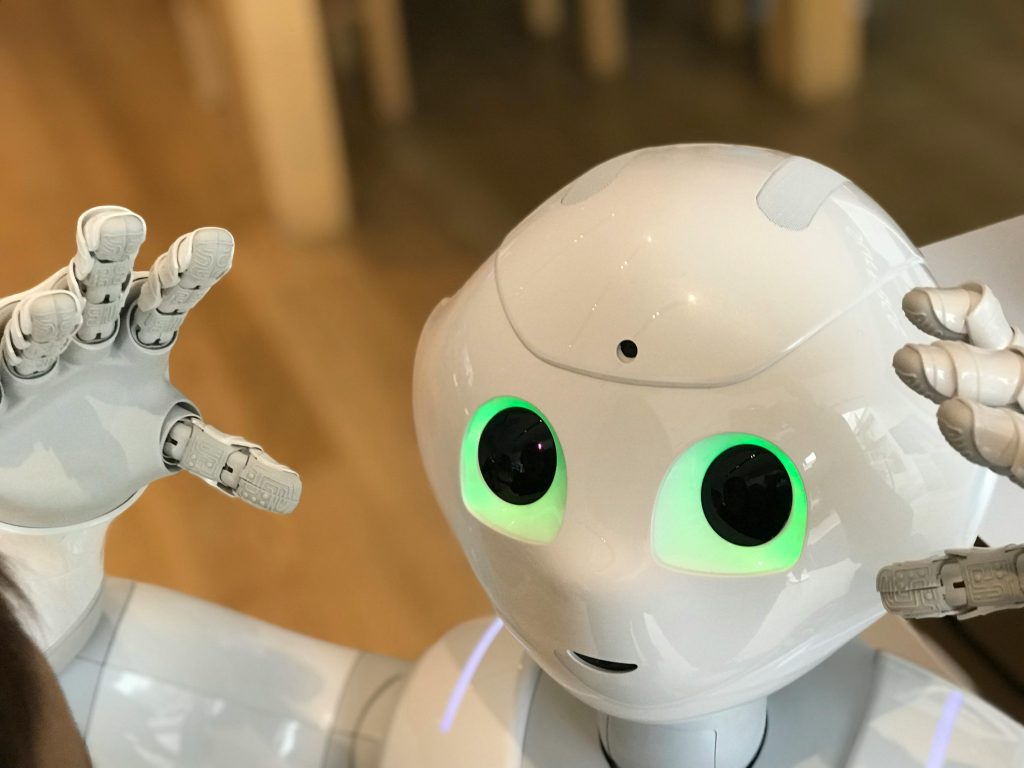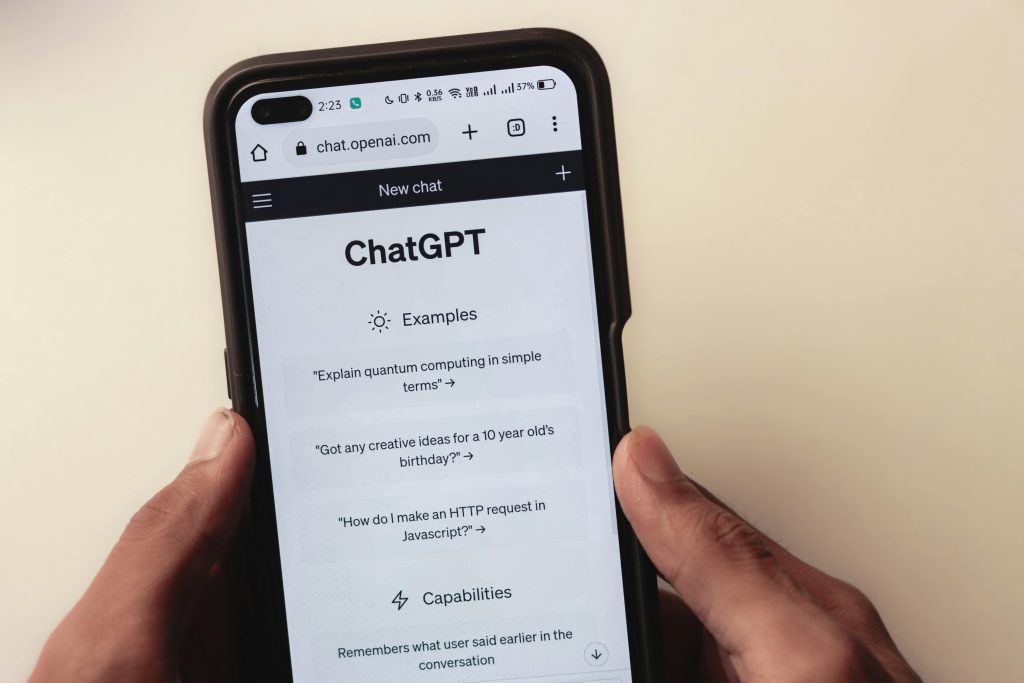Education is being redefined by AI—and it’s about more than automating quizzes or grading homework. The future lies in personalized learning experiences that adapt to each student’s pace, style, and needs.
AI-driven platforms analyze student behavior to identify knowledge gaps and learning preferences. For example, if a student struggles with algebra but excels in geometry, the system adjusts the curriculum accordingly. This creates a more inclusive, tailored education—especially useful for diverse classrooms.
Teachers benefit too. AI tools can assist with administrative tasks, generate lesson plans, and even suggest interventions for students at risk. Natural language processing helps students with reading difficulties by offering real-time feedback or translations.
AI tutors, like Khanmigo by Khan Academy, can answer questions 24/7—offering support beyond school hours. Virtual reality powered by AI enhances engagement through immersive, gamified learning experiences.
Still, ethical concerns remain: data privacy, algorithmic bias, and over-reliance on machines. Human teachers are irreplaceable, especially in mentoring, empathy, and critical thinking development.
Done right, AI in education isn’t about replacing schools—it’s about making learning smarter, fairer, and more accessible.



